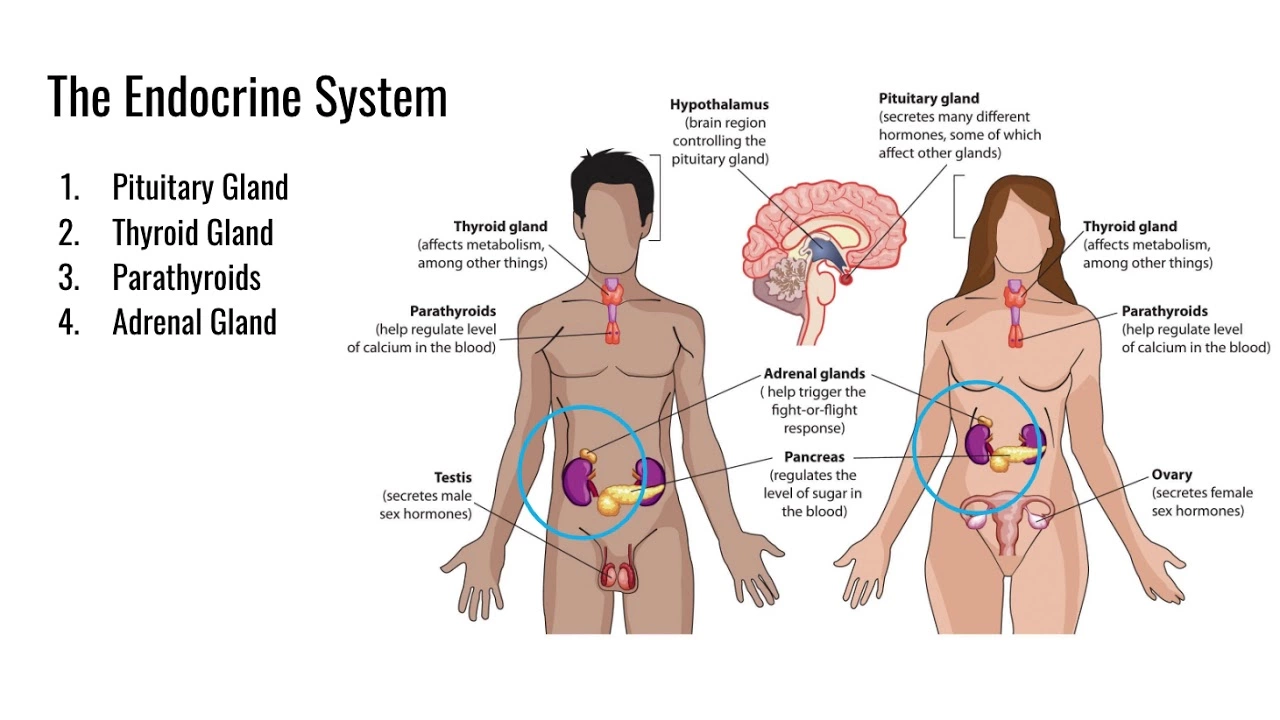Tumor Growth: What Happens and Why It Matters
When we talk about tumor growth, we're basically looking at how abnormal cells multiply in the body. Tumors can be benign or malignant, with the malignant ones often linked to cancer. But what causes these cells to start growing uncontrollably? The answer lies in a mix of genetic changes, environmental factors, and even lifestyle habits.
Understanding tumor growth is key because it informs how doctors decide on treatment options. Some tumors grow slowly and may just be monitored, while others can spread quickly and need aggressive treatment. It’s not just about the size either; where a tumor grows and the type of cells involved make a big difference.
What Drives Tumor Growth?
Tumor growth often starts with mutations in the DNA of cells, which mess up normal cell functions. This lets cells divide when they shouldn’t and avoid natural death. Growth factors—substances that cells produce to signal more growth—can be hijacked by these abnormal cells to keep multiplying. Plus, tumors can develop their own blood supply to fuel their growth, a process called angiogenesis.
Beyond genetic factors, things like smoking, diet, sun exposure, and infections can increase the risk of tumor formation. For example, UV radiation damages skin cells leading to skin tumors, while tobacco chemicals cause mutations linked to lung cancer. Knowing these risks can help in prevention efforts.
Managing and Slowing Tumor Growth
Stopping or slowing tumor growth depends on the type and stage of the tumor. Treatments may include surgery to remove the tumor, radiation to kill tumor cells, or medications that target cell growth pathways. New therapies also focus on cutting off blood supply to the tumor or boosting the body's immune system to attack cancerous cells.
Besides medical treatments, lifestyle changes such as healthy eating, quitting smoking, and avoiding excessive sun exposure can support overall health and may lower tumor risks. Staying informed about how tumors develop and what affects them is a powerful step towards better health choices and early detection.
If you want to learn more about specific drugs, therapies, and tips related to controlling tumor growth, keep exploring trusted resources and ask your healthcare provider questions that matter to your health.

The Role of Hormones in Tumor Growth
I recently came across an interesting topic about the role of hormones in tumor growth. It turns out that hormones can actually contribute to the development and progression of certain cancers. They can stimulate cancer cells to grow and divide, making the tumor larger and more aggressive. As a result, hormone therapy is often used as a treatment option to block the effects of these hormones on cancer cells. It's quite fascinating how these tiny molecules have such a significant impact on our health, and it's crucial for us to be aware of their potential effects on tumor growth.
Continue Reading



